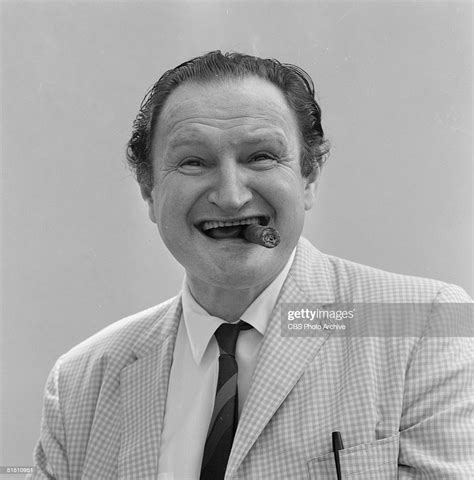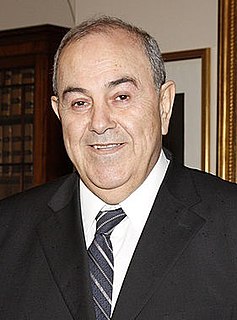A Quote by Cary Fukunaga
To be straight, I was kind of a dork, and in order to fulfill the creative fires burning inside me, I participated vigorously as a Civil War re-enactor through most of my teenage years, traveling across the country to participate in large scale reenactments - grandiose plays enacted by over weight history buffs and war enthusiasts alike.
Related Quotes
So about 80 years after the Constitution is ratified, the slaves are freed. Not so you'd really notice it of course; just kinda on paper. And that of course was at the end of the Civil War. Now there is another phrase I dearly love. That is a true oxymoron if I've ever heard one: "Civil War." Do you think anybody in this country could ever really have a civil war? "Say, pardon me?" (shoots gun) "I'm awfully sorry. Awfully sorry."
During my childhood and teenage years, everything I knew was at war. My mother and father were at war. My sister and I were at war. I was at war with my atypical nature, desperately trying to fit in and be normal. Even my genes were at war - the cool Swiss-German side versus the hot-headed Corsican.
The Thirteenth Amendment to the Constitution of the United States was enacted in 1865 by martial law. The Fourteenth Amendment was enacted in 1868 by martial law. The Fifteenth Amendment was enacted in 1870 by martial law. Military occupation of the Southern states did not end until 1877, twelve years after the end of the Civil War.
History of America, Part I (1776-1966): Declaration of Independence, Constitutional Convention, Louisiana Purchase, Civil War, Reconstruction, World War I, Great Depression, New Deal, World War II, TV, Cold war, civil-rights movement, Vietnam. History of America, Part II (1967-present): the Super Bowl era. The Super Bowl has become Main Street’s Mardi Gras.
I didn't know enough about the Civil War or its lingering effects as we all should. It's really easy to think that the Civil War was the end of slavery, and the triumph of our collective conscience and humanity over oppression. Sadly, the oppression and systemic subjugation of people of color in this country still exists.
I was born in 1966, at the beginning of the Biafran-Nigerian Civil War, and the war ended after three years. And I was growing up in school, and the federal government didn't want us taught about the history of the war, because they thought it probably would make us generate a new generation of rebels.





































